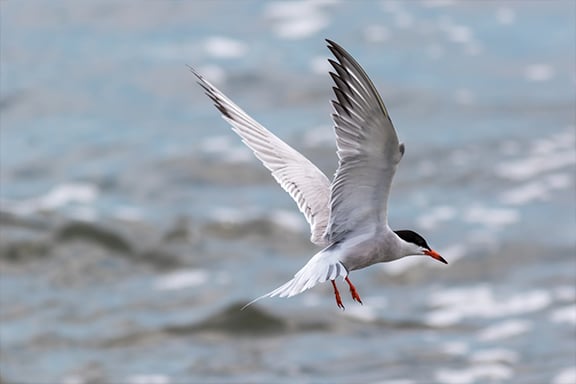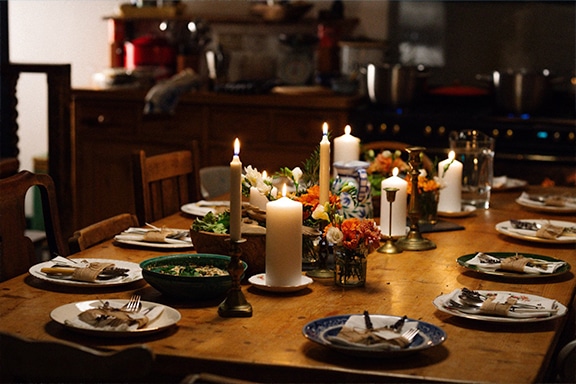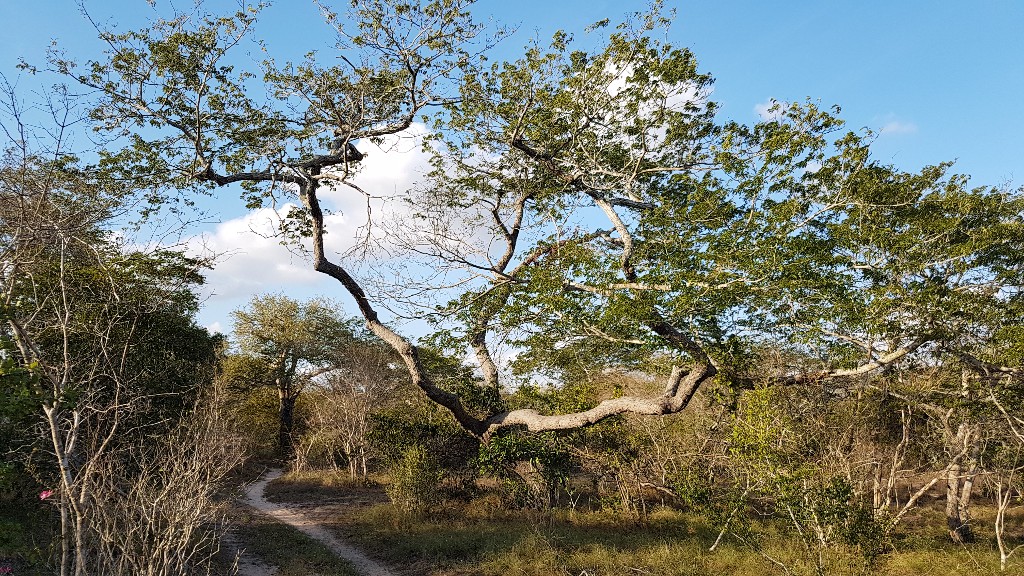Wild Wonder: Look, it’s a Pangolin!
Have you ever wondered what wonder is?
In the wake of much that is going on in the world, here is an invitation to pause and consider the created order through the eyes of the Psalmist in Psalm 104.
Now this very rich and lush psalm is oozing with themes and elements that can be explored – for example, reflecting on the psalm in its interaction with the Genesis creation story (a poetic retelling, I posit!), or in helping us to understand shalom and rest (everything moves in rhythm and order!), or in comparison to other ancient near east hymns praising a Creator.
My invitation, however, is for us to consider wonder, through attending to and remarking at biodiversity in all its intricate connectedness.
In encountering Psalm 104, we are invited to pay attention, through the posture and orientation of the psalmist. The psalmist has clearly paused to attend to the great diversity around him! He exclaims at the different creatures he sees. Multiple species make an appearance throughout the psalm:
Wild donkeys and beasts of the field are quenching their thirst. Our psalmist notices the birds in the trees, including the stork, all of whom are tending to their nests. He lifts his eyes to the high mountains, and observes the wild goats (or ibexes) and rock badgers. The cedars of Lebanon loom majestically in view. The young lions startle us with their roars. The sea is teeming with wildlife – innumerable! A Leviathan comes to play. And then more generally, we hear the faint echoes and catch glimpses of living creatures of the field, forest and sea.
Behold! There is dazzling diversity on display here.
Not only do we encounter these various kinds of animals, but we are invited to trace also their various homes, and the relationships they share with one another and God. Interdependence and interconnectedness are the notes that resound sonorously throughout the psalm. Apparent too is how all creation is dependent upon God – that his Spirit sustains them and provides for them. The overflowing love of God is that which makes the world hum, in being sustained and more, in flourishing. Certainly, that is the sense that vs 1-29 seems to suggest.
In taking all of this in, the Psalmist bursts out in this resounding climax, jubilantly exclaiming at the grandeur of creation that has captivated his vision:
‘What a wildly wonderful world, God!
You made it all, with Wisdom at your side,
made earth overflow with your wonderful creations.’ (Psalm 104: 24, MSG)
And thus, in beholding and listening alongside the psalmist, we enter into his experience of wonder.
So what is wonder? It’s a little hard to explain what wonder exactly is. Neither do I think that wonder is quite meant to be explained if it is to be properly understood. Rather, wonder is meant to be experienced, or encountered. I reckon we would have all had moments or instances where something simply took our breath away and we were struck with this odd mixture of fascination and something akin to fear.
That was my experience the time I encountered a pangolin in the wild. In Singapore, encountering a pangolin is quite the rare occurrence; this shy nocturnal animal is typically found in the forest reserve, but has deemed to make a couple of appearances in more urban settings[1]. The first time I saw the pangolin it ran away from us and climbed up a very tall tree.
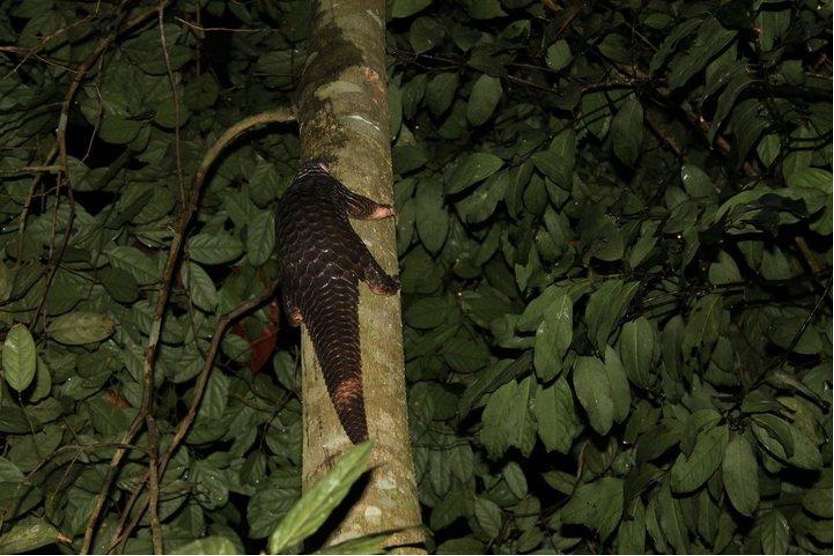
The first time we saw a pangolin, when it scuttled up a tree.
The second time I spotted a pangolin, my companions and I managed to get a little closer, because there were no tall trees in the immediate vicinity.
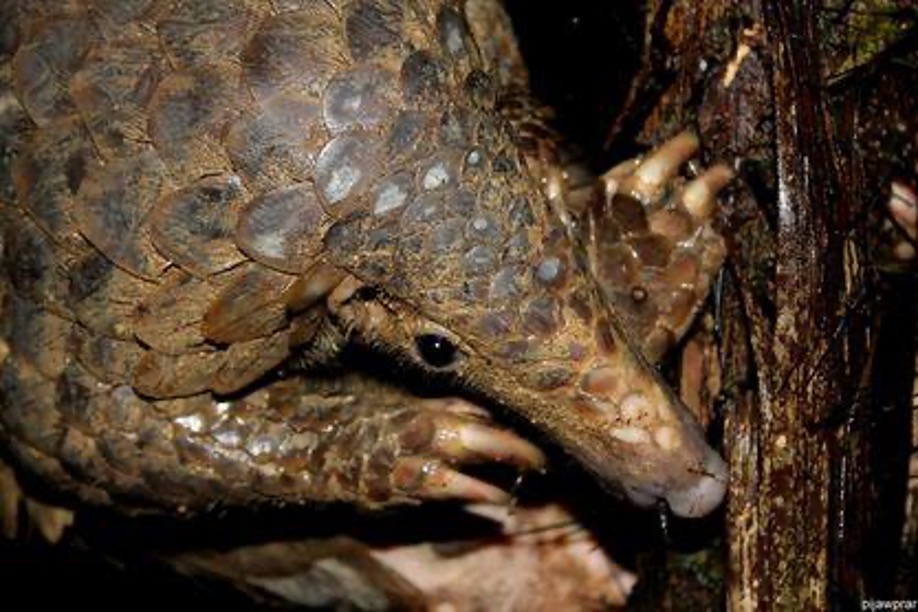
The second time we saw a pangolin when it curled into a ball—of sorts.
It was incredible to stand barely 5 feet away from this creature and have the privilege to observe its scaly body, its wet nose, deep black eyes, and its sharp claws that inspired some fear in us, as well as to carefully observe its behaviour: at that time, the pangolin in question was striking a defensive pose by attempting to curl up in a ball on the tree.
This was truly an experience of wonder.
In the words of OT scholar William Brown, ‘…although Homo sapiens (“wise human”), may be too self-congratulatory, there is no doubt that we are Homo admirans, the “wondering human”.’
In the few years that I have spent thinking and living out care for creation, I have observed how integral wonder is as an orientation in how we relate to the created order. In reflecting on how to cultivate wonder, I believe, like the psalmist, we need to attend to the created order: to pause and pay loving attention. On that note, one of my practices in seeing this psalm afresh is to ‘read it’ through the eyes of my own context, recontextualized to Singapore[2].
Praise the Lord, my soul.
Lord my God, you are very great;
you are clothed with splendor and majesty.
You make springs gush forth in the valleys;
they flow between the hills;
they give drink to every beast of the field;
the wild boar quench their thirst.
Beside them the birds of the heavens dwell;
they sing among the branches.
From your lofty abode you water the mountains;
the earth is satisfied with the fruit of your work.
You cause the grass to grow for the livestock
and plants for man to cultivate,
that he may bring forth food from the earth
kopi to gladden the heart of man,
santan to make his face shine
and nasi lemak to strengthen man’s heart.
The trees of the Lord are watered abundantly,
the Seraya trees that he planted.
In them the birds build their nests;
the white bellied sea eagle has her home in the rainforest trees.
Bukit Timah Hill, for the Sunda pangolins;
the rocky shores are a refuge for the stone crabs.
He made the moon to mark the seasons;
the sun knows its time for setting.
You make darkness, and it is night,
when all the beasts of the forest creep about.
The young leopard cats prowl for their prey,
seeking their food from God.
When the sun rises, they steal away
and lie down in their dens.
Man goes out to his work
and to his labor until the evening.
O Lord, how manifold are your works!
In wisdom have you made them all;
the earth is full of your creatures.
May our wonder give way to worship. May we join the Psalmist and the whole of creation in singing hallelujah to our great God.
[1] https://www.straitstimes.com/singapore/lost-pangolin-is-rescued-from-ntu-dormitory-and-released-into-the-wild; the curious sighting of a pangolin in a public university.
[2] There will be a number of unfamiliar words in this rendering, I invite you to consider Googling! Very quickly, kopi is our local slang for coffee, santan is coconut milk, and nasi lemak is a SE Asian dish of fragrant rice typically served with anchovies, peanuts and a hot spicy sauce.
We are happy for our blogs to be used by third parties on condition that the author is cited and A Rocha International, arocha.org, is credited as the original source. We would be grateful if you could let us know if you have used our material, by emailing [email protected].

